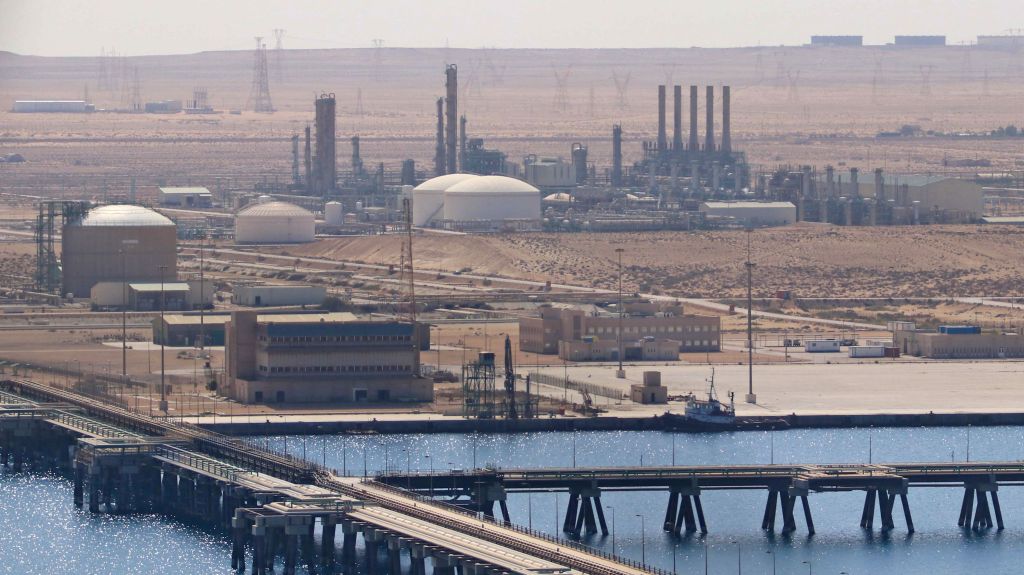Oil prices experienced a significant drop of over 4 percent on Tuesday, leading to the FTSE 100’s largest single-day decline in two weeks, amid rising optimism regarding the resumption of crude oil exports from Libya.
The anticipated increase in supply, coupled with concerns over demand due to sluggish economic growth in China, the leading global oil importer, caused prices to reach their lowest levels this year.
Brent crude oil prices fell by as much as 4 percent, reaching $74.44 per barrel on Tuesday afternoon, marking the lowest price since December. West Texas Intermediate crude also saw a decrease of 3.5 percent, dropping to an eight-month low of $71.00.
The decrease in crude prices adversely affected the FTSE 100, which includes major oil companies Shell and BP, resulting in a decline of 66.09 points, or 0.8 percent, closing at 8,297.75. This represents the worst performance for the index since August 20, although it returned to levels seen at the end of August.
Shares of Shell decreased by 72.5 pence, a 2.7 percent drop, bringing the stock price down to £26.12, matching levels from March. BP’s share price fell to 416 pence, marking a two-year low with a decline of 13 pence, or 32 percent.
Libya, which was producing approximately one million barrels of oil daily earlier this summer, saw output decline sharply by 50 percent last week due to political strife. The western government in Tripoli is attempting to remove Sadiq al-Kabir, the head of the Libyan central bank, who is supported by the government based in the east.
This political standoff escalated last week when a committee from Tripoli occupied the central bank’s headquarters, compelling al-Kabir and several colleagues to flee the country for their safety.
In reaction to the central bank’s occupation, the eastern government announced a cessation of oil production, reducing daily output to about 450,000 barrels.
However, al-Kabir stated to Bloomberg on Tuesday that there are encouraging signs indicating a potential agreement between the conflicting political factions to resolve the ongoing tensions. He expressed optimism, saying, “If they sign today, I’ll be back tomorrow,” while currently in Turkey.
A peace agreement in Libya could potentially increase global oil supply by over 500,000 barrels per day, coinciding with other oil-producing nations looking to enhance their production levels. The Opec+ coalition has plans to augment its output by approximately 180,000 barrels of oil daily starting in October.
The looming supply overflow comes amid uncertainty surrounding demand, exacerbated by disappointing economic indicators from China released over the weekend. Notable declines in new export orders were reported for the first time in eight months, alongside the slowest increase in new home prices observed this year during August.
